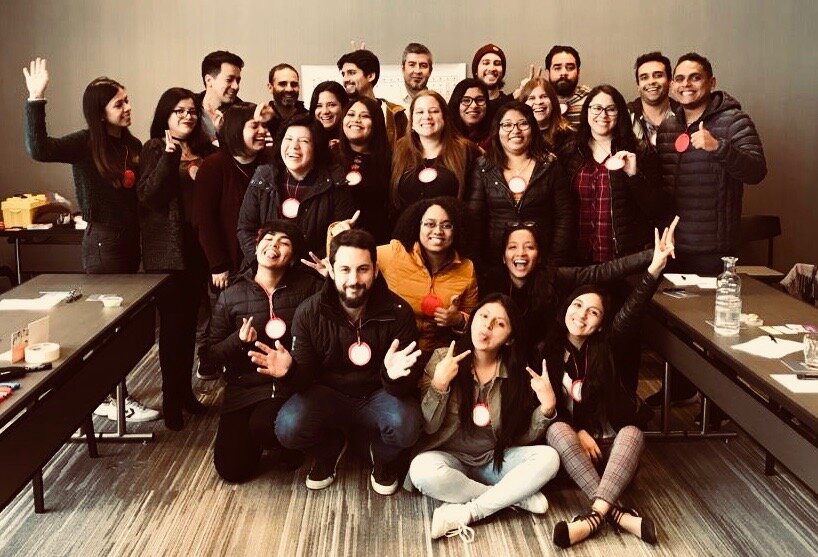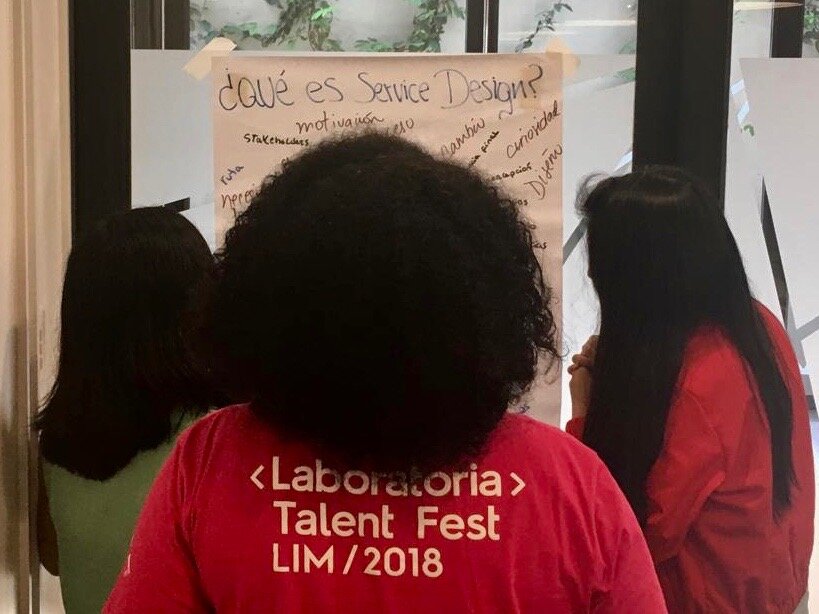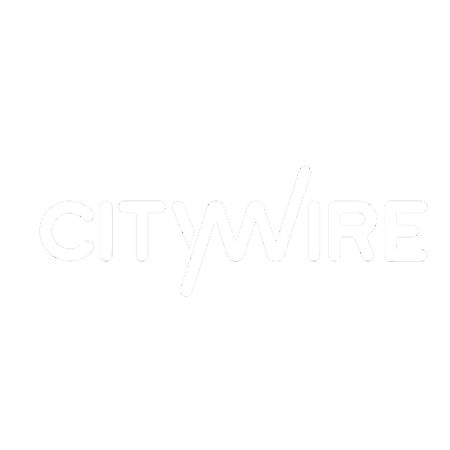Tim Leeson
Tim Leeson, originally from Australia, joined us on the Cape Town Fellowship and is involved in a wide range of work, from writing to design projects. His time with us at the UnSchool helped him take off the “band-aids” and reframe his approach to the great work he’s involved with.
Can you give us an introduction to yourself and your work?
Hi, I'm Tim. My main role is as the editor and a board member of Gippslandia, a community not-for-profit newspaper that I co-founded a couple of years ago. I'm also on the editorial team of Good Sport and Make Running magazines, and a member of the thr34d5 ('threads') strategic design studio. Succinctly, my work involves storytelling and design-thinking, which I really enjoy.
Good Sport magazine
Make Running magazine
What motivates you to do the work that you do?
Gippslandia was created in response to the announcement that a large coal mine was closing not far from my childhood home in Gippsland, south-eastern Australia. There was a pervading atmosphere of negativity in the community, on social media and in the press. The team behind Gippslandia felt that the region really has a lot more going for it and thought that a free, street press publication that only presents positive and innovative stories had the potential to change the prevailing narrative.
This motivation has evolved for me now, as I've come to better understand the power shared storytelling for all members of our community. My goal is to provide a platform for optimistic stories from our region that may have previously gone unsaid.
How did you find out about the UnSchool, and what motivated you to come?
Honestly, I forget how I initially heard about the UnSchool. It must have been through some fortuitous procrastination online. At the time, I'd recently finished a Master’s in Design by Data (computational design) and was reading more about systems theory. I felt that the UnSchool could provide a clearer introduction to systems theory and then assist me in linking my ideas around design and positive social change.
Also, South Africa is my second home. I believe in its immense potential, and the lineup of speakers that were involved in the Cape Town Fellowship was too good to miss for their ability to encourage this belief.
What was your experience at the UnSchool like?
Challenging, inspiring and confronting. I still reflect on it often. Every night, I went to sleep buzzing with ideas, yet totally exhausted (but definitely not hungry — the food was epic!). The UnSchool team and their speakers did an incredible job of fostering a curious and inclusive atmosphere that seemingly allowed everyone to collaborate openly. For example, it allowed us (the students) to ask our mentors personal questions and for them to provide thoughtful and honest responses. This cut through the shit and meant that we could all have a richer experience.
What was the main take away you had from coming to the UnSchool?
That you can make a difference.
Tell us more about your initiative(s), and how is it all going?
While everything is currently following a positive path, we face a battle to become financially sustainable for the future. Anyone that's ever dabbled in print publishing will understand that it’s largely a passion project and no longer your pathway to gold-plated toilet seats. Yet, you need your projects to make money because you need them to continue running to see the benefits — and you also need to eat.
Financial sustainability can help stave off personal burnout too. So that's our current challenge: trying to ensure the publications and the studio can continue to operate smoothly into the future.
How did the UnSchool help you start/evolve it?
UnSchool helped solidify the passion behind the ideas. It also gave me more confidence in reaching out to different groups in our community. There were no longer any excuses for not trying to achieve positive change.
While it's not directly related to a specific project, my time with UnSchool and the skills we learnt assist in solving or exploring challenges every day. My approach has been reframed, as I 'get more comfortable' with problems. No more band-aids to things!
How have you amplified this change you do in the world?
At a simplistic level, the decisions we've made allow us to produce more newspapers and reach a larger audience. I think the essence of the stories contained in the paper is more distilled now too, which hopefully gives them more punch. Not every article is going to change the reader's worldview, but as a growing body of work, they feel stronger.
The work of thr34d5.org is expanding, and the increased credibility assists our applied research programs, such as shifting people's perception of clothing from one of consumption to that of care (our attempt at addressing 'fast fashion') or exploring how to reconnect people with the water cycle. Our voice is still small, but we believe in the value of pursuing our aims as a team.
Kombucha fabric
How can people engage with, support, or follow your work?
You can come to Melbourne or Gippsland and grab Gippslandia from a cafe or art space that supports us! Otherwise, please check out gippslandia.com.au and @gippslandia on socials.
Then there's thr34d5.org (similar on social media) and head to our Wikifactory page to get our new kombucha recipes, which you can use to grow your own textiles. goodsportmagazine.com and makerunning.com are great places to visit too. Thank you.
Garments made with kombucha fabric
Any other thoughts you want to share?
One of the coolest aspects of UnSchool is being able to spend time with a bunch of rad people that will inspire you!
Tim and the UnSchool Cape Town Fellowship
